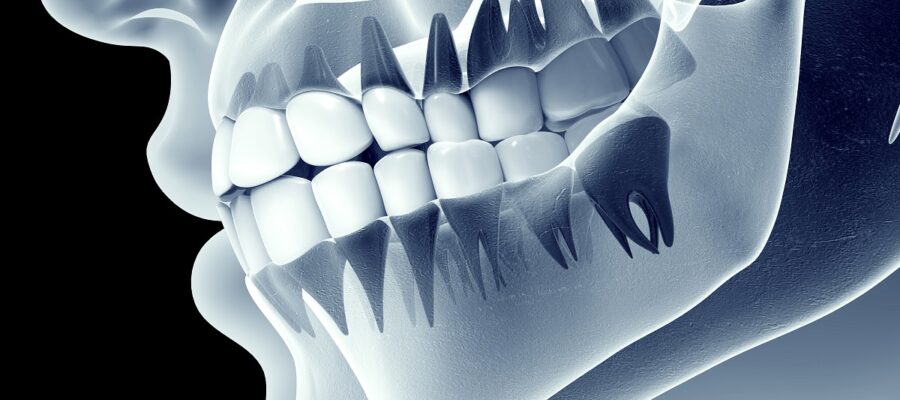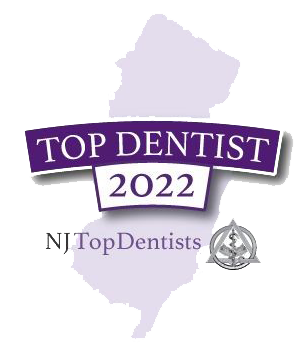
Tests Commonly Used to Diagnose TMJ Disorder

TMJ disorder or temporomandibular joint (TMJ) disorder (TMD) affects an estimated 10 million people nationwide. It is caused by chronic stress on the temporomandibular joint which may be the result of bite misalignment or an imbalance of the jaw muscles. For many sufferers, the condition goes undiagnosed and untreated because few people report the problem to a doctor.
Drs. Ivan and Allen Stein of the Headache and TMJ Center of New Jersey can test and diagnose your condition using the latest technology and advanced techniques. They are experts in identifying the root cause of the issue and developing treatment plans that address the underlying problem. Here they provide information on TMJ disorder and discuss the tests used to diagnose it.
What Is TMJ Disorder?
TMJ disorder is a form of temporomandibular disorder that can cause pain in the jaw joint and in the muscles responsible for jaw movement. It can have a significant impact on your health and quality of life. The aches and pains associated with TMJ disorder can impact your sleep, physical activity, diet, mood, and more.
TMJ disorders are twice as prevalent in women as men and typically affect adults between the ages of 20 and 40. When left untreated, patients can experience declines in mental and physical wellbeing.
TMJ disorder is measured through an assessment of various durations and types of joint, muscle and facial pain, as well as difficulty with opening the mouth wide, chewing, joint clicking and more.
Signs and Symptoms
Signs and symptoms of TMJ disorder include:
- Pain or tenderness throughout the jaw, face, head, neck, or shoulders
- Popping, clicking or grinding sounds with chewing or opening/closing of the mouth
- Difficulty or inability to open the mouth wide
- “Locked” jaw or a jaw that gets stuck in the open or closed position
- Issues with chewing
- Misaligned or uncomfortable bite
- Facial swelling around the jaw area
- Fatigued facial muscles
- Aches in the teeth, ears, or neck
- Sinus pressure and pain
- Frequent or recurrent headaches or migraines
- Hearing problems
- Tinnitus (i.e., a ringing in the ears)
- Struggles with balance or dizziness
Testing and Evaluation
Your TMJ disorder evaluation may include the following testing:
Dental X-Rays. Dental X-rays may be used to assess your teeth and jaw.
CT Scan. A CT scan will allow your practitioner to see detailed images of the bones of the joint.
MRI. An MRI will help uncover any issues that may be impacting the disk of the joint or surrounding tissue.
Joint Vibration Analysis. Joint vibration analyses are used to record vibrations that may occur in the temporomandibular joint. This information allows your practitioner to diagnose the severity of your condition.
EMG. An EMG, or electromyography, is a zero-pain diagnostic procedure used to assess the muscles involved in chewing and grinding, as well as related nerve cells.
If you believe you may have TMJ disorder, talk to the expert doctors of the Headache and TMJ Center of New Jersey. You can take the first step to eliminating the pain and discomfort of TMJ disorder when you schedule a free consultation.

